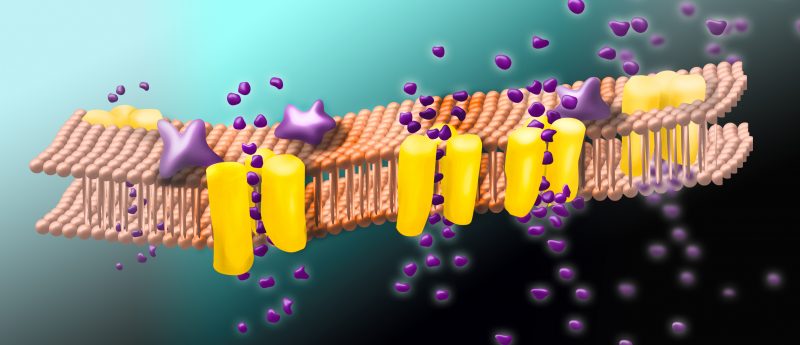Could the onset of Type 1 diabetes be predicted?

Researchers from the 3U Diabetes Consortium (Dublin, Ireland), a collaboration of institutions within Ireland have identified a biomarker that could potentially contribute to predicting the onset of Type 1 diabetes, in conjunction with similar biomarkers.
The study, published in Diabetic Medicine has identified elevated levels of 12-hydroxyeicosatetraenoic (12-HETE) in serum samples from patients with recently diagnosed Type 1 diabetes, in comparison to patients with established Type 1 diabetes and control subjects. These findings suggest that 12-HETE could be an indicator for the early stages of Type 1 diabetes, which would be of particular benefit in reducing the case of diabetic ketoacidosis – a potentially life threatening complication of diabetes.
During the investigations, the team compared levels of 12-HETE in serum samples from two separate cohorts (adult and pediatric) consisting of patients with various glucose metabolism disorders and control subjects. From the adult cohort, patients who were in the early stages of Type 1 diabetes had 2.31 higher levels of 12-HETE than samples taken from the control subjects. In addition, these levels were higher than adults with established Type 1 diabetes. This trend was also reported in the pediatric cohort.
It is hoped that 12-HETE, in conjunction with other biomarkers that are also associated with the onset of Type 1 diabetes, could ultimately be used to both identify individuals with a high risk of developing the disease and to monitor the early stages of the disease. Although these initial results are promising, further analysis from a larger cohort would be required before the utility of such a test could be proven.
Sources: Hennessy E, Rakovac Tisdall A, Murphy N et al. Elevated 12-hydroxyeicosatetraenoic acid (12-HETE) levels in serum of individuals with newly diagnosed Type 1 diabetes. Diabet. Med. 34(2), 292–294 (2017);
http://3u.ie/3u-diabetes-consortium-identifies-a-biomarker-that-could-help-predict-the-onset-of-type-1-diabetes/
